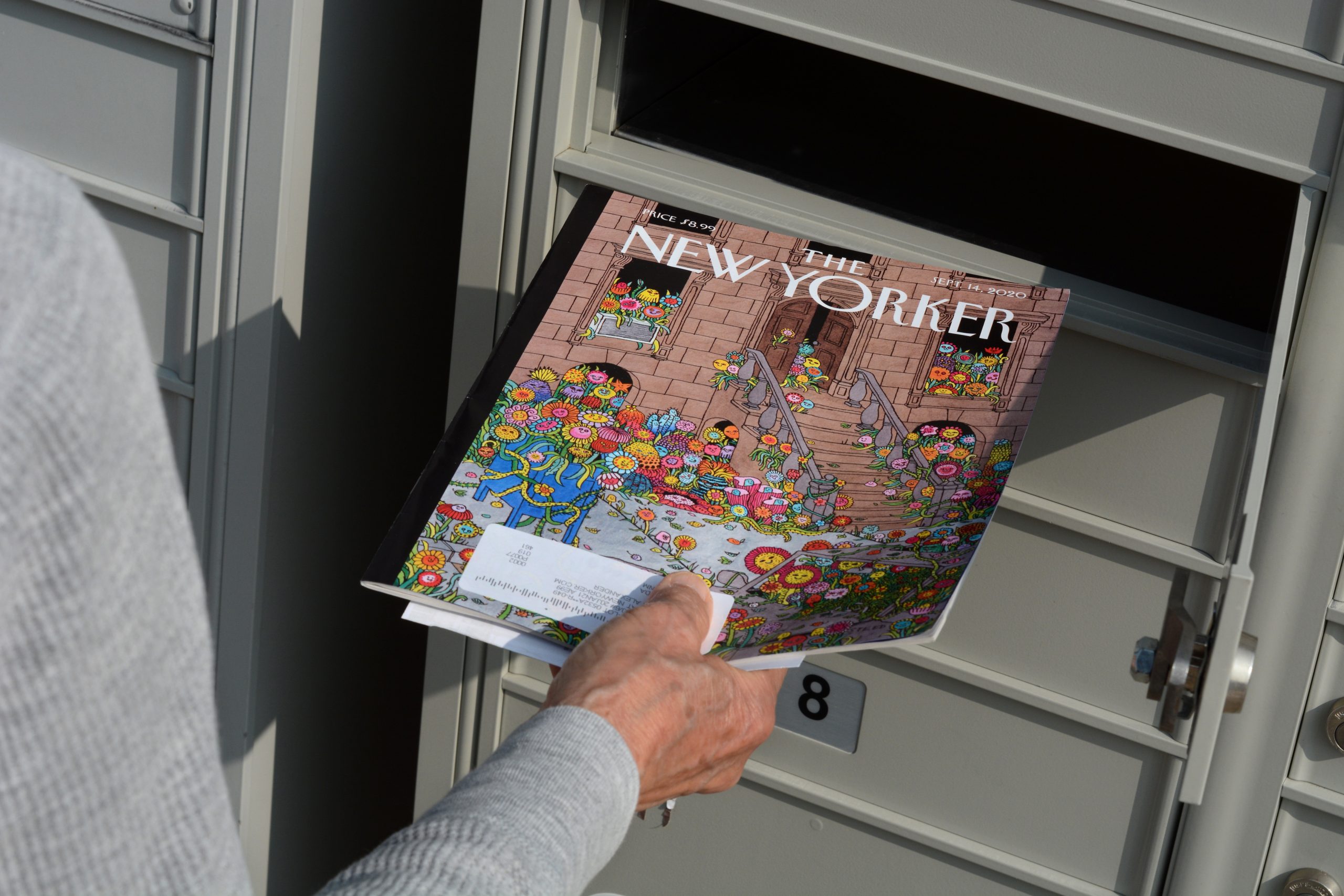Publishing giant Condé Nast is the latest media company to strike a deal with OpenAI. Under a multi-year partnership, OpenAI will surface content from Condé Nast brands like Vogue, The New Yorker, GQ and Vanity Fair in its products, the ChatGPT creator announced yesterday (Aug. 20). “We’re committed to working with Condé Nast and other news publishers to ensure that as A.I. plays a larger role in news discovery and delivery, it maintains accuracy, integrity and respect for quality reporting,” said Brad Lightcap, OpenAI’s chief operating officer, in a statement.
As with its other media partnerships, OpenAI did not disclose the financial terms of the deal, which will see Condé Nast articles displayed in ChatGPT and SearchGPT, a prototype search engine launched last month that select users and publishers are testing. SearchGPT will offer direct links to news stories and allow “users to easily explore more in-depth content directly from the source,” according to OpenAI, which also said it will collect feedback on SearchGPT performance from its news partners.
Condé Nast joins a growing list of journalism outlets collaborating with the A.I. company. OpenAI currently has licensing deals with the Associated Press, Axel Springer, The Financial Times, Dotdash Meredith, Vox Media and The Atlantic. In May, it inked a partnership to provide content from News Corp (NWSA), the Rupert Murdoch-owned parent company of publications like The Wall Street Journal and New York Post. In June, it signed a multi-year content licensing deal to access the century-old archives of Time Magazine.
OpenAI isn’t the only A.I. company cozying up to media organizations. Perplexity AI, which also makes an A.I. search engine, launched a “publishers program” in July that shares ad revenue with media outlets when their stories are cited in its A.I. search engine’s responses. Fortune, Time Magazine, Entrepreneur, The Texas Tribune, Der Spiegel and WordPress.com have already signed up for the program, which debuted shortly after Perplexity AI faced plagiarism accusations from publications like Forbes and the Condé Nast-owned Wired.
Publishers’ love-hate relationship with OpenAI
Roger Lynch, the CEO of Condé Nast, has long been vocal about the need to place guardrails around A.I.’s use of original content. In January, he testified before a Senate Judiciary subcommittee and urged for A.I. startups to pursue licensinals with publishers. Current generative A.I. tools are displaying content “without permission or compensation” and have been built with “stolen goods,” he said.
Lynch lauded Condé Nast’s new OpenAI partnership in a company memo, in which he noted that the deal would help make up revenue lost over the past decade when “many technology companies eroded publishers’ ability to monetize content.” Media companies like Condé Nast need to adapt to the swift changes brought forth by generative A.I., according to the executive. “It’s crucial that we meet audiences where they are and embrace new technologies while also ensuring proper attribution and compensation for the use of our intellectual property,” said Lynch. “This is exactly what we have found with OpenAI.”
Despite Condé Nast’s optimism, not all publications share the same sentiments. In December 2023, The New York Times sued OpenAI and its partner Microsoft (MSFT) for allegedly using its content to train chatbots. Similar lawsuits have since been filed by the Center for Investigative Reporting, the oldest nonprofit newsroom in the U.S., and a group of newspapers, including the Chicago Tribune, that contend the A.I. company has used their content without permission or compensation.
The NewsGuild of New York, a labor union representing unionized Condé Nast workers, has also expressed concerns about A.I.’s strengthened ties to news companies. “The growing encroachment of A.I. on journalism is a significant concern for our NewsGuild of New York members,” said Susan DeCarava, the union’s president, in a statement responding to the Condé Nast and OpenAI partnership. “We expect Condé management to be transparent with us about how this technology will be used and the impact it may have on our work,” she added.

